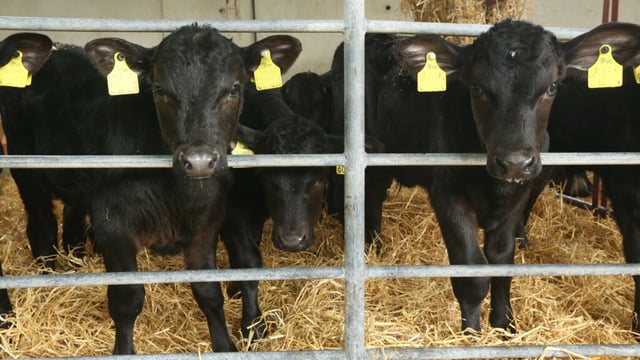EU saw agri-food trade increase in July 2024
The EU agri-food trade surplus grew by 8% in July 2024 compared to the previous month, reaching €6.1 billion, a value similar to July 2023, according to new figures from the European Commission.
This follows an already strong first half of 2024 thanks to higher exports. Between January and July 2024, the trade surplus in agri-food rose to €39.7 billion, an increase of €1.1 billion compared to the same period in 2023.
Cumulative EU exports from January to July reached €137.2 billion in value, 3% higher than in the same period in 2023.
Cumulative imports between January and July reached €97.5 billion in value, 2% higher compared to that period of 2023.
Taking a closer look at exports, EU agri-food exports reached €20.8 billion in July 2024, up 10% from the previous month and 15% higher than July 2023.
EU exports to the US increased by €1.5 billion (up 10%), largely due to higher prices of olives and olive oil, while exports to the United Kingdom increased by €914 million (up 3%).
In contrast, EU exports to China fell by €728 million (down 8%), mainly due to declines in exports of products like frozen pig meat, dairy (notably skimmed milk powder and fresh dairy products), and cereals.
In terms of exported products, EU exports of olives and olive oil saw the largest growth in value, increasing by €1.7 billion (up 59%), due to higher prices.
Exports of products under the category of coffee, tea, cocoa, and spices also rose, by €1.2 billion (up 25%), mainly driven by cocoa paste, butter and powder. Meanwhile, exports of cereals, vegetable oils, and wine declined in export value due to lower prices and volumes.
Turning to imports, and July 2024 imports increased by 11% month-on-month to €14.6 billion, a 23% increase compared to July 2023.
EU imports of cocoa products from Cote d'Ivoire (Ivory Coast) increased significantly by €1.2 billion (up 50%), while imports from Nigeria surged by 150% (a €600 million increase), largely for the same product. Imports of olive oil from Tunisia nearly doubled, rising by €460 million.
In terms of imported products, coffee, tea, cocoa, and spices surged by €3.8 billion ( up 31%), driven mainly by high cocoa prices, especially for cocoa beans.
By contrast, imports of oilseeds and protein crops saw the largest decline in value, dropping by €1.9 billion (15%), notably from Australia, Brazil and the US. Cereal imports decreased in value by €1.5 billion (down 20%) due to reduced prices.





